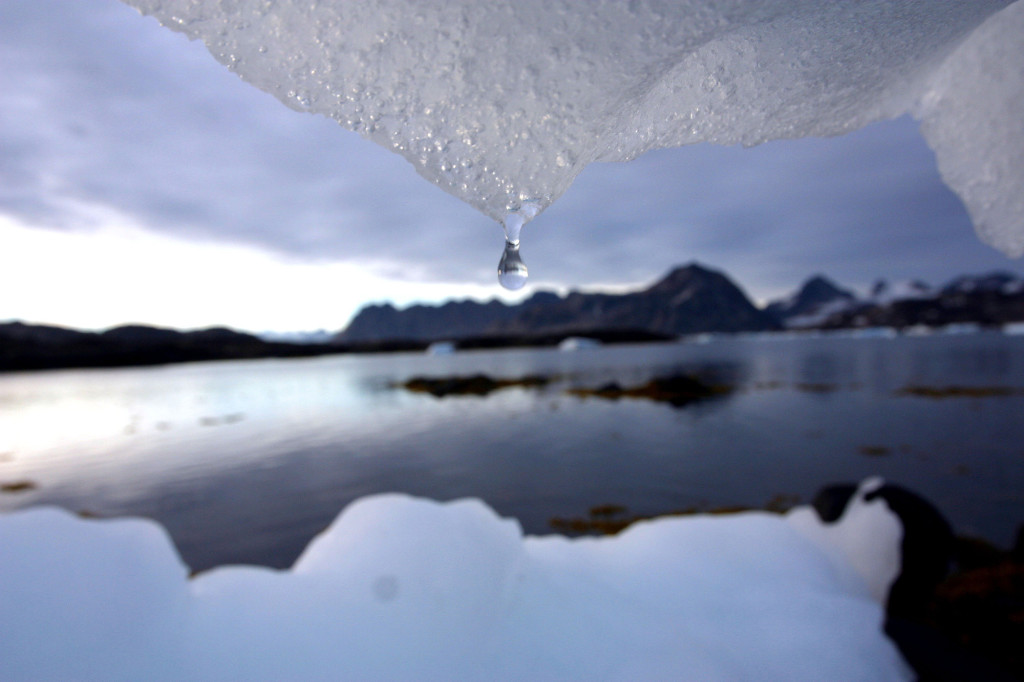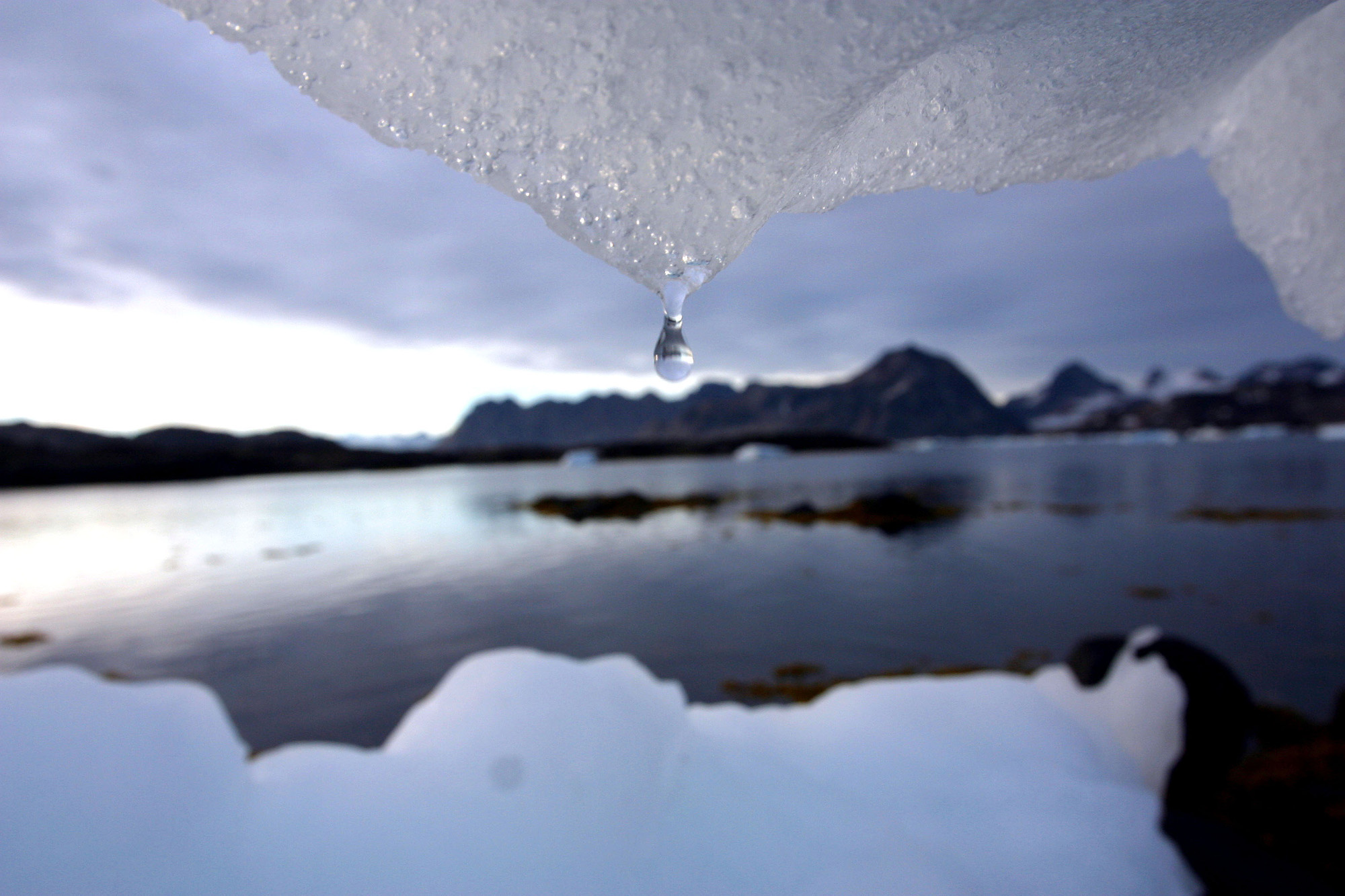UN Report: Climate Change Will Deepen Poverty, Hunger

March 31, 2014
Share
Warming temperatures, sea-level rise and unpredictable shifts in weather are already cutting into food production and will have long-term impacts on human survival, according to the latest report on climate change from the UN.
The UN releases periodic reports on the impact of climate change. The last one, released in October 2013, found that climate change is happening faster than ever, and will only get worse.
Why has the U.S. been reluctant to address climate change? Watch Climate of Doubt, FRONTLINE’s exploration of the massive shift in public opinion on climate change.The latest report describes the impact that change will have on human survival.
It starts with a drop in food production. Climate change has already reduced wheat and maize yields in tropical and temperate regions, along with some rice and soybean crops, according to the UN. “All aspects of food security are potentially affected by climate change, including food access, utilization, and price stability,” the report noted. That’s expected to worsen as climate change continues, it said.
Limited food means rising prices for basic staples, leaving the poor malnourished and more vulnerable to disease. It also raises the risk of conflict as groups clash over dwindling resources, and others migrate to new areas, either because they’ve been displaced by extreme weather or decided to move in search of better living conditions.
The report found one bright spot: Some communities have taken steps to adapt to climate change, the UN said. Local communities in Manila, for example, are building more bridges to combat flooding, it said. Japan is upgrading “coastal protection structures” to guard against sea-level rise. And a number of cities in the U.S. have programs to encourage homeowners to redirect rainwater runoff into a storage tank or nearby wetlands, the report said.
But most of these efforts so far are highly localized and targeted to a single event. And, according to the report, they won’t be enough to withstand anticipated economic shocks.
By 2020, poorer countries will need an estimated $100 billion per year to help adapt and mitigate the impact of climate change, the report said. But already, wealthier countries, including the U.S., have balked at the price tag: At their request, that figure was removed from the summary report that will be given to world leaders, according to The New York Times.

Related Documentaries
Latest Documentaries
Related Stories
Related Stories
Explore
Policies
Teacher Center
Funding for FRONTLINE is provided through the support of PBS viewers and by the Corporation for Public Broadcasting, with major support from Ford Foundation. Additional funding is provided the Abrams Foundation, Park Foundation, John D. and Catherine T. MacArthur Foundation, Heising-Simons Foundation, and the FRONTLINE Trust, with major support from Jon and Jo Ann Hagler on behalf of the Jon L. Hagler Foundation, and additional support from Koo and Patricia Yuen. FRONTLINE is a registered trademark of WGBH Educational Foundation. Web Site Copyright ©1995-2025 WGBH Educational Foundation. PBS is a 501(c)(3) not-for-profit organization.





















